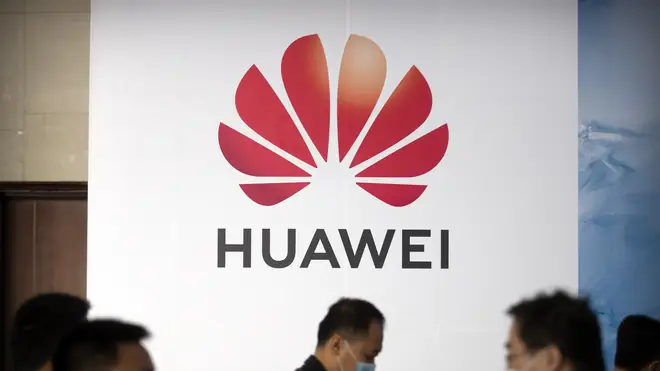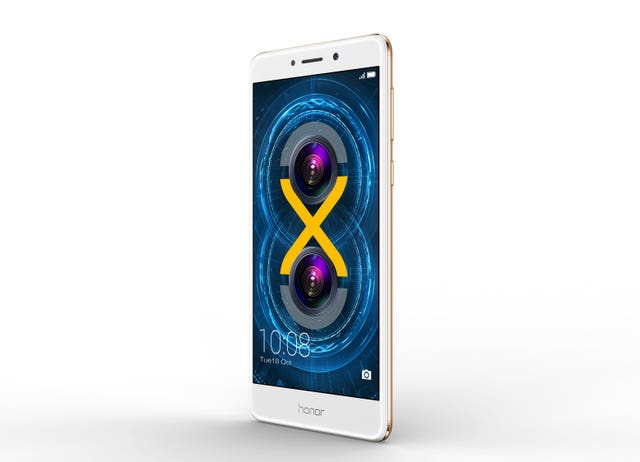
James O'Brien 10am - 1pm
17 November 2020, 02:24

American officials say Huawei might facilitate Chinese spying, which the company denies.
Huawei is selling its budget Honor smartphone brand in an effort to rescue the struggling business from damaging US sanctions on the Chinese technology giant.
The move is aimed at reviving Honor by separating it from Huawei’s network equipment and other businesses, which Washington claims are a security threat.
The company denies the accusation, but is under sanctions that block access to most US processor chips and other technology.
Huawei Technologies Ltd’s announcement on Tuesday gave no financial details but said the company will have no ownership stake once the sale is completed.
The buyer is a company formed by a technology enterprise owned by the government of the southern Chinese city of Shenzhen, where Huawei is headquartered, with a group of Honor retailers.
Earlier reports on rumours of a possible sale put the price as high as 100 billion yuan (£11 billion).
“The move has been made by Honor’s industry chain to ensure its own survival,” said a Huawei statement.
Huawei, China’s first global technology brand, is at the centre of US-Chinese tension over technology, security and spying.
American officials say Huawei might facilitate Chinese spying, which the company denies.

They also see Chinese government-supported technology development as a threat to US industrial dominance.
Tuesday’s announcements gave no indication how Honor’s new owners planned to regain access to US chips and other technology including Google’s popular music, maps and other services.
Other Chinese smartphone brands such as Xiaomi, Oppo and Vivo operate without such restrictions.
Honor, founded in 2013, is one of the world’s biggest-selling smartphone brands and Huawei ships 70 million of their handsets a year.
Total shipments of Huawei and Honor handsets fell 5% from a year earlier in the quarter ending in June to 55.8 million, according to Canalys.
Sales in China rose 8% but shipments abroad fell 27%, and Huawei’s smartphone sales outside China have suffered because the company is barred from preinstalling Google services.
Huawei is allowed to use Google’s Android operating system because it is open source and involves no commercial transaction with the American company.